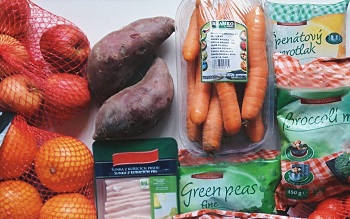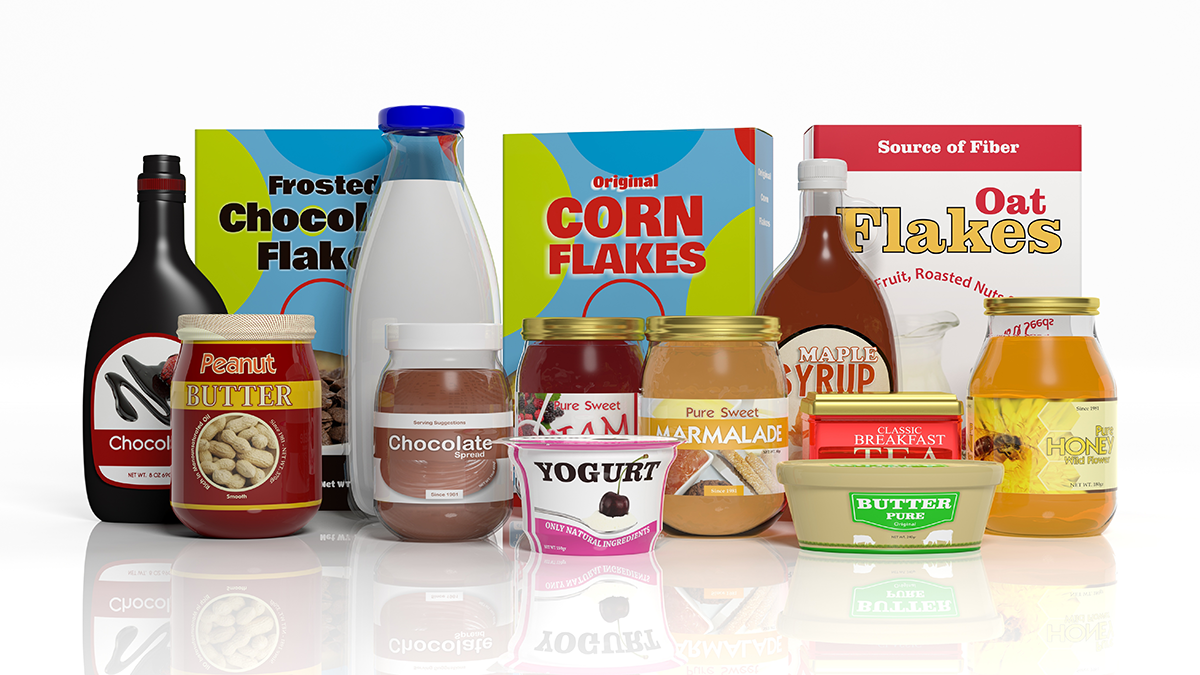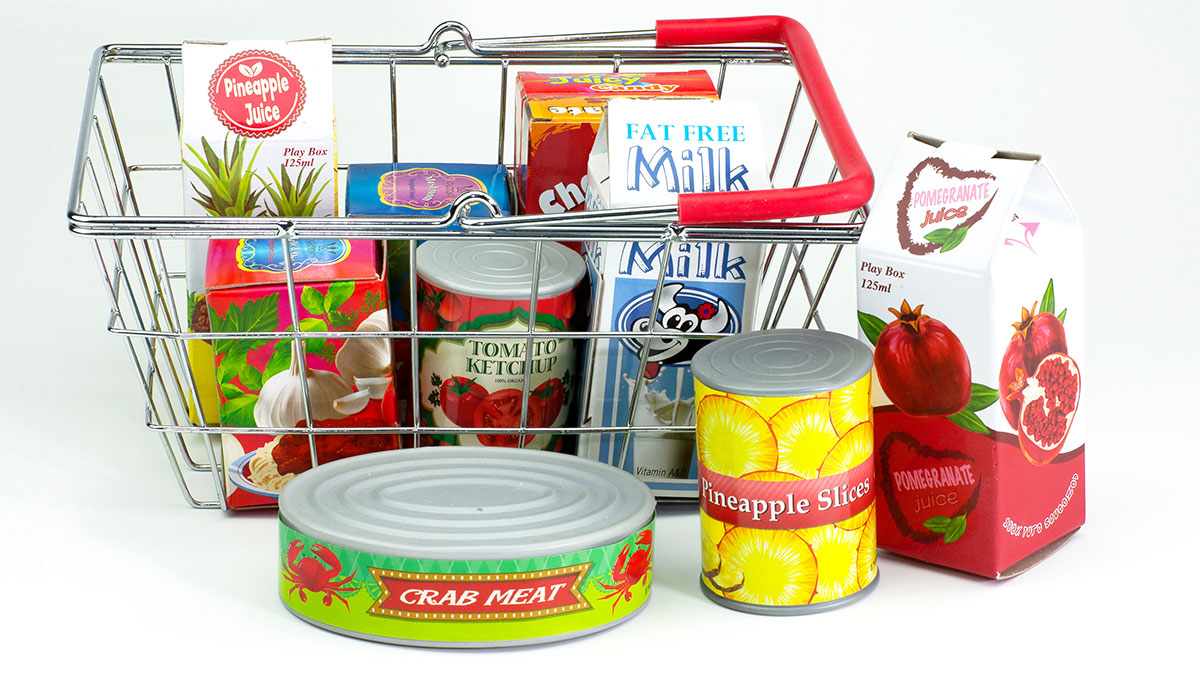By: Doug Baker, Vice President, Private Brands, Food Marketing Institute

If you are just beginning the journey in sustainable sourcing, branding and product development or are still considering if it even makes sense for your private brand, there are some things you should know and contemplate as you explore the idea.
First, let’s dispel some of the myths regarding the cost of adding a sustainable strategy to your private brand. How many of you are thinking, this is going to drive up costs significantly, or I need to hire a team to manage it, or I need to have a comprehensive approach to even start including sustainability into my business model? In fact, there are things you can do today to start embracing sustainability within your private brand program t that add little to no additional cost, utilize your current staff resources, and put you on the path of working more efficiently with your trading partners.
When taking on a project of this magnitude, it is best to follow the crawl, walk, run, methodology. Focus on quick wins like adding recycling instructions to your packaging as you update current or develop new packaging. Work with local food banks or organizations like Feeding America to reduce food waste from over runs, short coded product or damaged product. While, some private brand owners remain hesitant to send their private brand to food banks because of liability or consumer concern issues, they should be aware there is legislation in place providing brand owners with liability protection. Plus, there is the good will factor that identifies your brand as helping feed the hungry across America.
As you begin to walk and develop new products, look for ways to give your product the “AND” factor. As an example, a quick win would be to add a new SKU of organic or omega-3 enhanced. Also, as you develop new products, look for ways to incorporate a slight formula variation. Instead of using conventional cocoa, switch to fair-trade cocoa, remove palm oil from the formula, or use sustainable sources of palm oil. Yes, you may find a slight increase in the cost. But as you spread that out, the cost increase may in fact only be pennies per unit.
In the last stage, you will be running. You will be scaling the program, working with your supplier partners to improve formulations, innovating new formulations and executing packaging initiatives. You will find these improvements will produce meaningful and loyalty-building conversations with both your current and the new customers now buying your products.
To learn more ways to deepen your private brands sustainability efforts, join me and Janice Neitzel at the Store Brand Innovation and Marketing Summit as we explore this topic and help the industry shape the business case for a more sustainable future. Also, check out the Food Waste Reduction Alliance Best Practices Toolkit and coming in April, FMI will be releasing our Sustainable Sourcing Guide for High Impact Commodities.

 Industry Topics address your specific area of expertise with resources, reports, events and more.
Industry Topics address your specific area of expertise with resources, reports, events and more.
 Our Research covers consumer behavior and retail operation benchmarks so you can make informed business decisions.
Our Research covers consumer behavior and retail operation benchmarks so you can make informed business decisions.
 Events and Education including online and in-person help you advance your food retail career.
Events and Education including online and in-person help you advance your food retail career.
 Food Safety training, resources and guidance that help you create a company food safety culture.
Food Safety training, resources and guidance that help you create a company food safety culture.
 Government Affairs work — federal and state — on the latest food industry policy, regulatory and legislative issues.
Government Affairs work — federal and state — on the latest food industry policy, regulatory and legislative issues.
 Get Involved. From industry awards to newsletters and committees, these resources help you take advantage of your membership.
Get Involved. From industry awards to newsletters and committees, these resources help you take advantage of your membership.
 Best practices, guidance documents, infographics, signage and more for the food industry on the COVID-19 pandemic.
Best practices, guidance documents, infographics, signage and more for the food industry on the COVID-19 pandemic.
